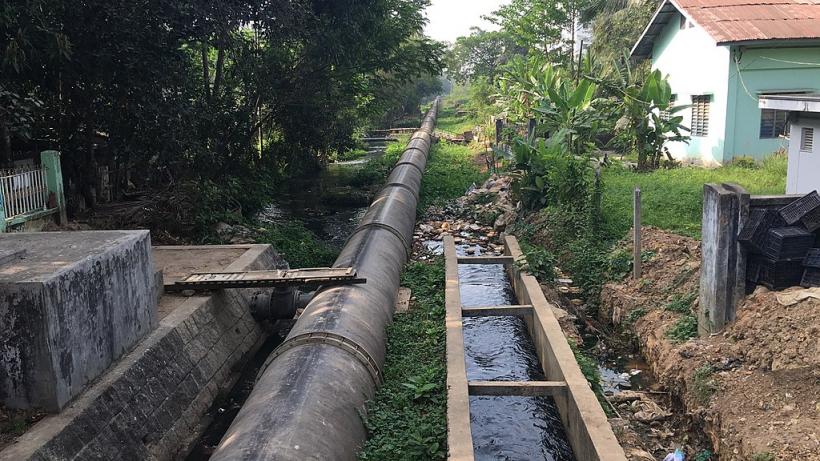Understanding demand and funding for water supply in Mandalay City
The Mandalay City Development Committee (MCDC) - the governing body of municipal Mandalay, Myanmar - faces significant problems surrounding their water services. Currently, piped water reaches only a fraction of the population, there is little water and sewage treatment capacity, and MCDC faces exorbitant financial losses (over K3700 mil, 2016-17).
MCDC has been working to improve water service quality and coverage with financial and technical support from international donor agencies. Meanwhile, they are also pressed to increase the financial sustainability of its water utility due to the repayment pressure of large loans and their own longstanding insolvency. Therefore, the government seeks to obtain the demand for water service among the inhabitants of its seven townships and subsequently, the possibility of and the extent to which current water tariffs can be increased or reconfigured. Additionally, existing knowledge of water coverage and use in Mandalay is very limited. This study will contribute to a more complete baseline knowledge of water demand and supply as a basis for ongoing and potential future research on water service within Mandalay.
The main research questions are:
- How much water, from varied sources, do households and businesses currently consume, and how much do they pay for it?
- Whether and how much can current water tariffs be increased without serious negative impacts on affordability for the poor?
- In addition to tariff increases, what additional mechanisms would be feasible for improving financial sustainability of water services?
A survey will be conducted across the 7 townships of Mandalay and cover 1480 respondents. The pattern of water use in Mandalay will be analysed, both at the city and township levels, based on survey data.
In-depth interviews with MCDC and other key stakeholders, and previous studies conducted in Mandalay, will allow for an analysis of the costs of the water provision borne by MCDC. In addition, potential opportunities for reforms and policy recommendations will be identified and suggested.
The results will inform and influence MCDC’s policy decisions for service expansion, including sequencing and structure of tariff revisions. The main expected impact would be more cost-efficient and equitable operations and improved financial sustainability. Improved operations would, in turn, allow service extension to more households and businesses in Mandalay, especially in the poorest and un-serviced areas. Beyond the scope of MCDC’s request, the feasibility of additional mechanisms to pay for water will also be examined.






